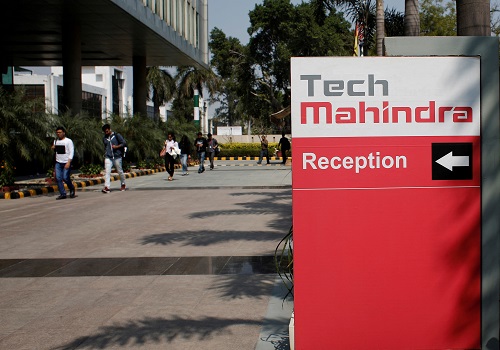Automakers to suffer from chip, labour shortages amid new Covid surges

Follow us Now on Telegram ! Get daily 10 - 12 important updates on Business, Finance and Investment. Join our Telegram Channel
With Covid-19 continuing to impact the global economy in its second year, the automotive semiconductor market will experience uneven shortages and tight supply amid labour shortfall, according to a new IDC report.
The general theme for semiconductors in 2021 was shortages in mature process technology nodes.
The IDC expects tight semiconductor supply to continue through the first half of 2022 as the industry builds up inventory to normal levels.
The automotive market continues to be impacted as chips move upstream, limiting automobile manufacturing and driving original equipment manufacturers (OEMs) to utilise their semiconductor supply for higher value vehicles, which raised the average selling price of vehicles for 2021.
"Automotive semiconductors will continue to be a limiting constraint on the automotive market through the first half of 2022, but barring any unforeseen shutdowns or semiconductor manufacturing issues, supply should gradually improve through the second half of the year," said Nina Turner, research manager.
Adding in the time to manufacture the vehicle, this means the "automotive market will begin to improve towards the end of 2022 and into 2023 if there are no other supply chain shocks," Turner added.
One of the key supply constraints for the semiconductor market was in mature process nodes.
While the automotive semiconductor market largely depends on these older processes, many other semiconductors are made on these mature manufacturing process technologies at 40nm and above, such as LCD drivers, power management ICs, power, Auto ICs, and microcontrollers.
Companies are slowly adding what capacity they can, but capacity improvement will be incremental this year and accelerate in 2023 and beyond, said the report.












 320-x-100_uti_gold.jpg" alt="Advertisement">
320-x-100_uti_gold.jpg" alt="Advertisement">












